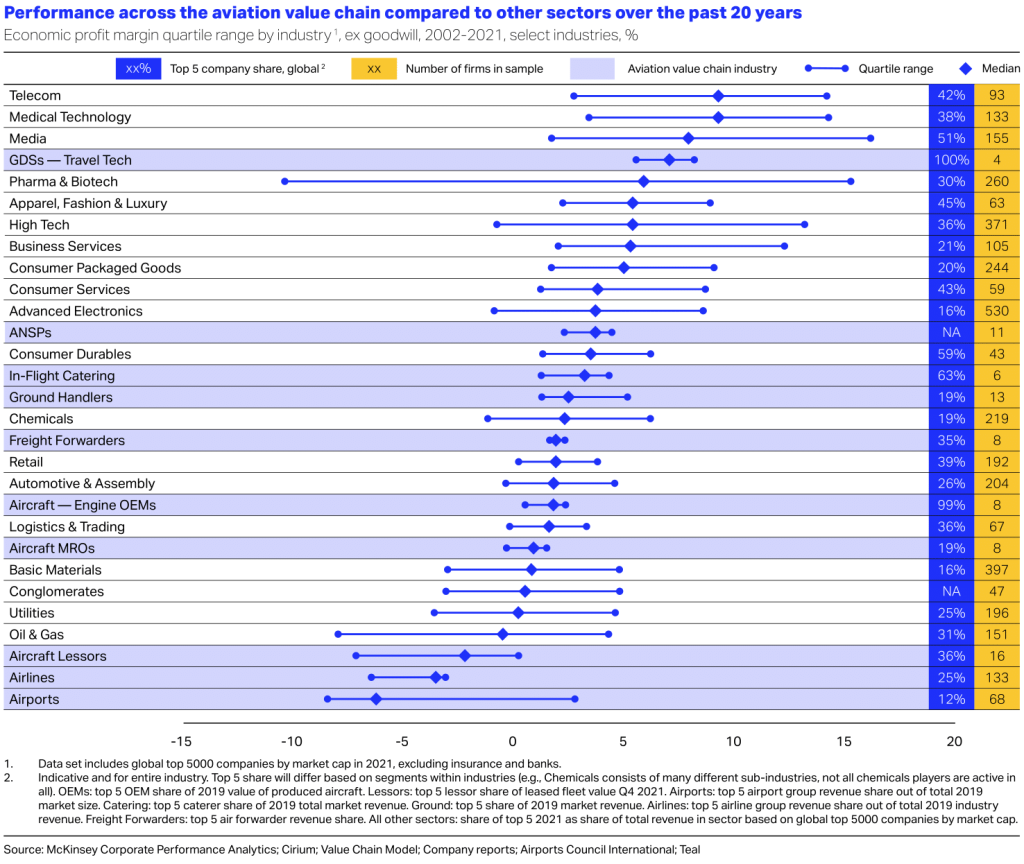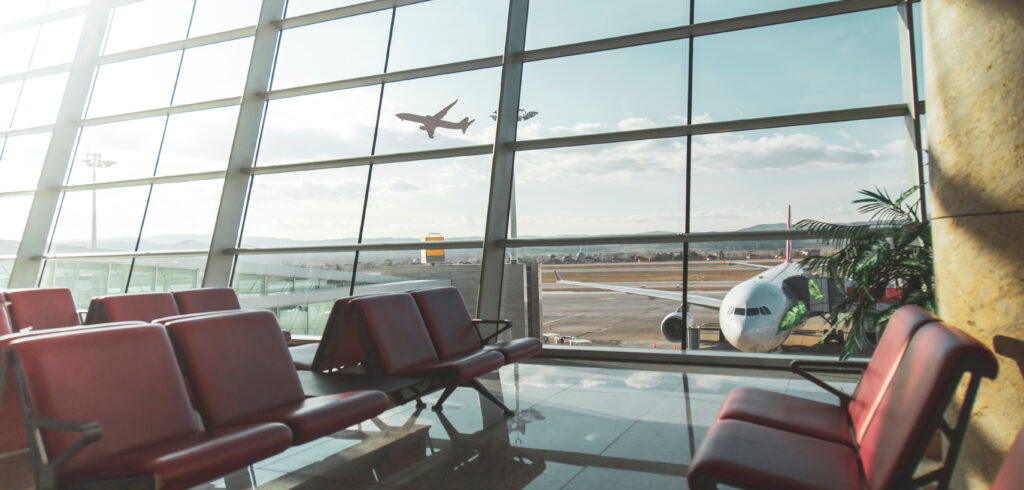Airports Council International (ACI) World has called on regulators to support the economic sustainability of airports as social and economic engines of communities worldwide and for the benefit of the traveling public.
According to ACI World, the impact of the Covid-19 pandemic on airport passenger traffic resulted in a global decline of 61% in 2020 relative to 2019 (falling from 9.2 billion passengers in 2019 to 3.6 billion passengers in 2020). The organization pointed out that the lasting effects on revenues in the years following the collapse resulted in capital expenditure reductions. Furthermore, where government financial support or other relief measures were insufficient, many airports also had to refinance their operations, creating a mounting debt burden. ACI underlined this point with reference to an International Air Transport Association (IATA) report which stated that both airports and airlines have the weakest economic performance among all sectors in aviation and all global industries.
The ACI World-InterVISTAS State of Play: Competition, Regulation, and Airport Charges Research and the ACI World-InterVISTAS State of Play: Competition, Regulation, and Airport Charges Regional Analysis reports were created to provide evidence that supports a shift towards light-handed airport charging models. The observed data demonstrated that the direct cost of airport charges (levied on both passengers and airlines) to consumers is small in terms of the final ticket price, including airline ancillary charges. Independently of the impact of airport charges, the indices of airfares highlighted significant percentage increases of double-digit proportions in 2021 and 2022 as compared to previous years. The drivers in the increases in airfares were found to largely be a function of rises in the major cost items such as jet fuel and personnel costs but also airlines’ ability to adjust pricing based on demand patterns aimed at improving economic performance.

As a result, ACI World has advocated that new approaches for economic oversight should be considered to ensure better use of airport capacity through flexible pricing, the fostering of infrastructure development, decarbonization targets, socioeconomic benefits and charges incentives to address issues of congestion, noise and climate change impacts. These factors are expected to encourage a sustainable aviation ecosystem.
The call to action supports the recent ACI World Resolution Restoring Economic Equilibrium that urges governments to acknowledge the changed risk profile of airports in some jurisdictions due to the Covid-19 pandemic and to provide regulatory support to restore economic equilibrium for unrecovered costs, either as financial compensation or through future airport charges. It also follows the recent outcomes of the Economic Commission of the International Civil Aviation Organization (ICAO), which recognized the need for the ongoing review of ICAO’s policies on charges for airports and air navigation services.
Luis Felipe de Oliveira, director general of ACI World, said, “It is vital that international and national regulators support the economic sustainability of airports as crucial players in the health of the entire aviation ecosystem. Restoring the economic equilibrium of airports through financial compensation or through future airport charges is necessary for investing in the infrastructure needed to accommodate the growth of air travel and meet decarbonization targets, as well as maximize airports’ contribution to the United Nations’ Sustainable Development Goals and wider socioeconomic effects.
“This should not be a zero-sum game. Like airlines and other aviation stakeholders, airports are businesses that continue to be affected by the pandemic’s economic impact, energy costs, staff shortages and other inflationary pressures felt by the entire industry. However, what is unique to airports is that they face high fixed costs irrespective of economic conditions and do not have the same level of flexibility in managing capacity. With continued economic headwinds and global passenger traffic expecting a loss of 27% in 2022 as compared to 2019, a balance must be struck in order to restore the economic equilibrium of airports.”


